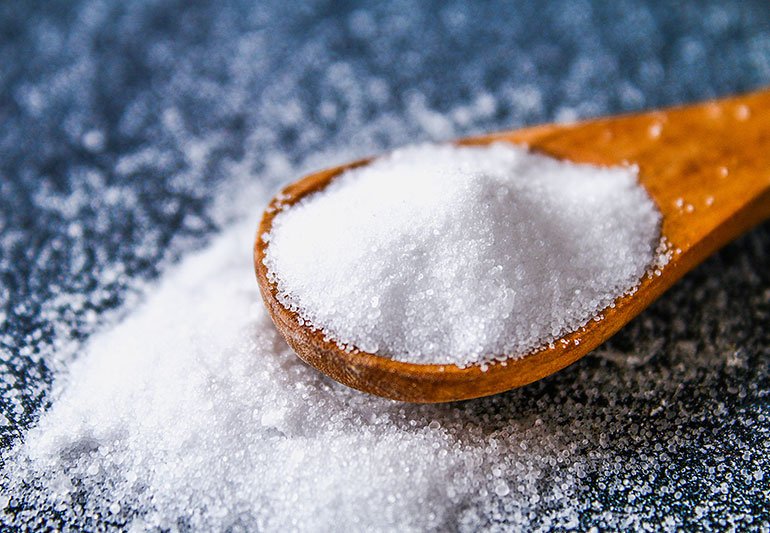Apparently this stuff works - Mike M.
You can feel the difference - Kevin K.
My BP was 157/101... now it is 129/87 - Latasha G.
Seems to work... lowered my numbers by 7% - Scott L.
It is a life saver - Golda C.
I feel better, I have more energy - Alex Y.
My BP went down 10 points in 2 weeks - Lucy W.
I have only been drinking it for 2 weeks and my BP numbers have gone down - Elizabeth S.
Apparently this stuff works - Mike M.
You can feel the difference - Kevin K.
My BP was 157/101... now it is 129/87 - Latasha G.
Seems to work... lowered my numbers by 7% - Scott L.
It is a life saver - Golda C.
I feel better, I have more energy - Alex Y.
My BP went down 10 points in 2 weeks - Lucy W.
I have only been drinking it for 2 weeks and my BP numbers have gone down - Elizabeth S.
Add description, images, menus and links to your mega menu
A column with no settings can be used as a spacer
Link to your collections, sales and even external links
Add up to five columns
Add description, images, menus and links to your mega menu
A column with no settings can be used as a spacer
Link to your collections, sales and even external links
Add up to five columns
A Pinch of Prevention: Salt Substitutes for Healthier Blood Pressure
March 13, 2025 2 min read

Today let's talk about something that impacts nearly every aspect of our dietary health, yet often goes overlooked: sodium intake.
In our journey through American Heart Month, we've tackled various topics related to heart health. Yet, one of the simplest changes we can make for a significant impact on our blood pressure and overall cardiovascular health is monitoring and adjusting our sodium intake.
The Sodium Conundrum The American Heart Association suggests that most Americans consume an average of 3,500 milligrams of sodium a day – significantly more than the recommended limit of 2,300 mg, or about one teaspoon of salt. This excess sodium can lead to increased blood pressure, posing a risk for heart disease and stroke.
Why does sodium have such a profound effect? Sodium holds excess fluid in the body, increasing the strain on your heart. Reducing sodium intake can help your heart and reduce blood pressure.
Enter the Salt Substitute Recent studies, including one highlighted in the Journal of the American College of Cardiology, have brought to light the benefits of swapping traditional table salt for salt substitutes. These substitutes often contain potassium chloride, a mineral that can help lower blood pressure by countering sodium's effects and reducing vascular tension.
But it's not just about reducing sodium. The inclusion of potassium is crucial. Potassium helps balance out sodium's negative effects and aids in relaxing our blood vessels. It's a change that supports our heart health from multiple angles.
How to Make the Swap Incorporating a salt substitute into your diet doesn't mean sacrificing flavor. Many substitutes offer a similar taste profile to regular salt, making it an easy switch in cooking and seasoning. However, it's essential to approach this change with knowledge and moderation. For individuals with conditions like kidney disease, high potassium levels can be harmful, so consulting with a healthcare provider is key.
Our Commitment At 120/Life, we're committed to providing not just products but education and support to help you manage your blood pressure naturally. Making dietary changes, like switching to a salt substitute, is just one way to support your heart health journey.
We encourage you to read more, ask questions, and, most importantly, take small, manageable steps toward a healthier heart. Every change counts, and we're here to support you every step of the way.
Leave a comment
Comments will be approved before showing up.
Subscribe
Sign up to get the latest on sales, new releases and more …

